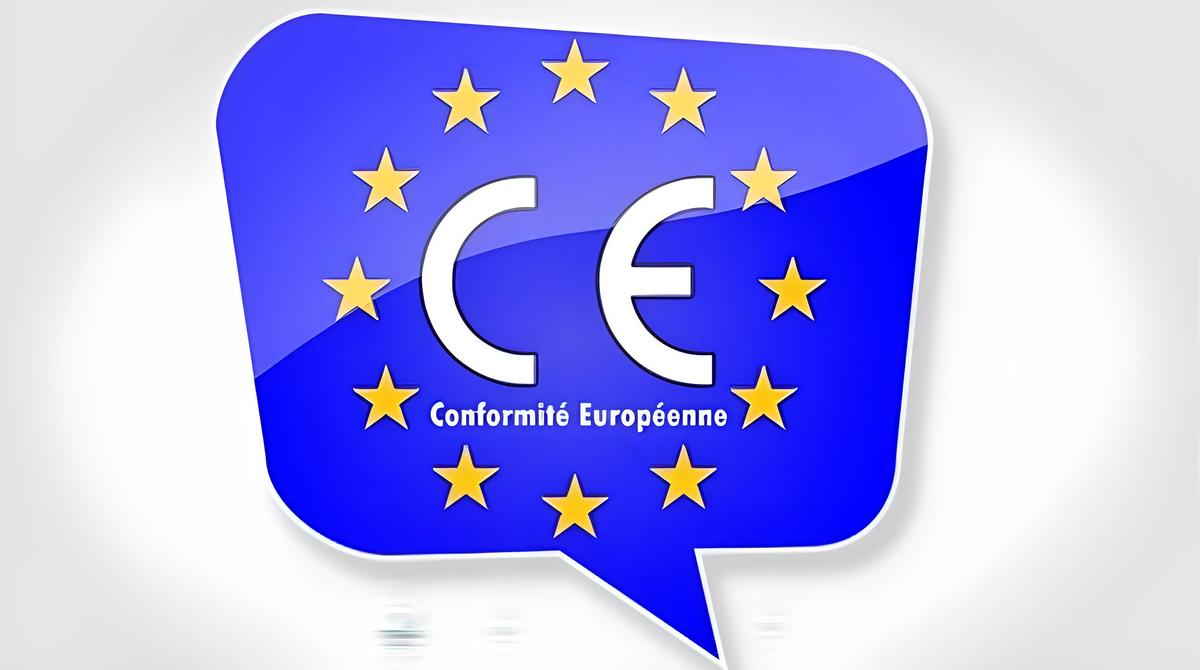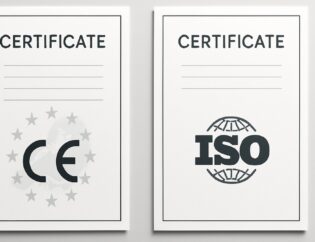
Why is CE Certification Mandatory?
Today, for many products placed on the European Union (EU) market, CE certification is a legal requirement. The CE marking indicates that a product complies with the EU’s health, safety, and environmental protection standards. However, to fully understand why CE certification is so important, it is necessary to look at several key points.
Ensuring Consumer Safety
The CE mark shows that the product is safe to use. Especially for high-risk products such as machinery, electronic devices, and medical equipment, the CE marking ensures that users can operate these products safely.
Legal Requirement
In the European Union, many product groups are legally required to carry the CE mark. For instance, the Machinery Directive 2006/42/EC stipulates that machinery must meet essential health and safety requirements. Products without the CE mark cannot be sold in the EU market.
Right of Free Movement
The CE certificate allows a product to circulate freely within the EU without additional technical requirements. This provides a significant commercial advantage for manufacturers and importers.
Competitive Advantage
The CE marking demonstrates that a product meets quality and safety standards. This enhances brand prestige and strengthens competitiveness in the market.
Protecting Consumers and the Environment
The CE mark not only ensures consumer safety but also promotes environmentally friendly production processes. For example, restrictions on harmful chemicals are part of this system.
What Happens If a Product Does Not Have the CE Mark?
Products without the CE marking cannot be sold in EU countries. If inspections reveal a lack of CE compliance, the product may be withdrawn from the market, and manufacturers may face fines. This can result in financial losses as well as damage to brand reputation.
Is CE Certification Mandatory in Turkey?
Yes. Under the Customs Union Agreement that entered into force in 1995, Turkey has aligned with EU technical regulations. Therefore, the CE marking is also legally required for many product groups in Turkey.
Situations Where CE Certification is Mandatory in Turkey
- Products Subject to EU Legislation
Products intended for export to the EU must carry the CE mark. - Domestic Market Sales in Turkey
The following product groups cannot be placed on the market without the CE mark:
- Machinery
- Electrical devices (e.g., household appliances, computers)
- Medical devices
- Toys
- Pressure equipment
- Import Processes
Products imported into Turkey that are required to carry the CE mark cannot clear customs without CE certification.
Importance of the CE Mark in Turkey
- Consumer Safety: Ensures products are safe, healthy, and environmentally friendly.
- Commercial Advantage: CE-marked products can circulate freely in both the Turkish and EU markets.
- Legal Compliance: Products without the CE mark cannot be placed on the market.
- International Competitiveness: The CE mark proves that the product complies with international standards.
CE Certification Process in Turkey
Obtaining CE certification generally involves the following steps:
- Determining which EU directives apply to the product
- Preparing the technical file
- Conducting risk analysis and conformity testing
- Preparing the EU Declaration of Conformity
- Affixing the CE mark to the product









